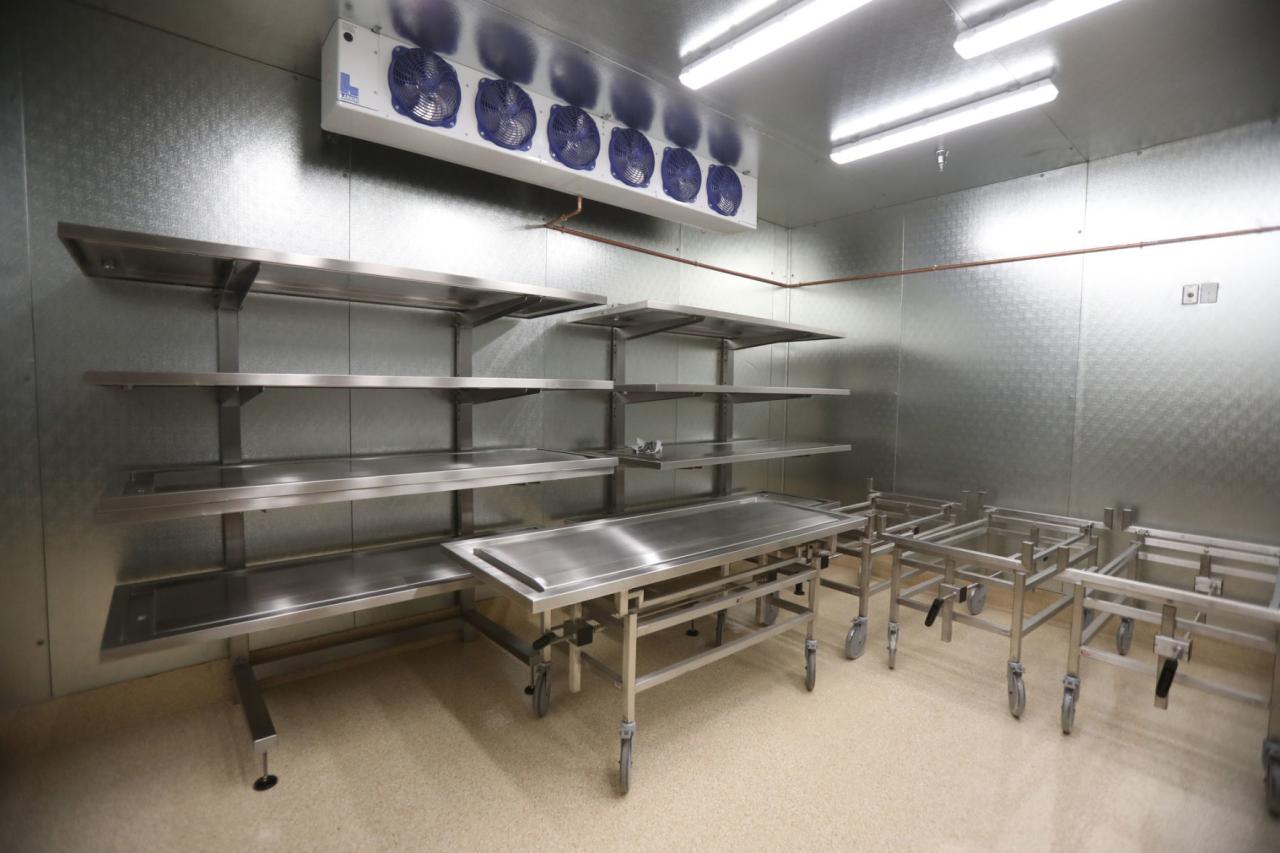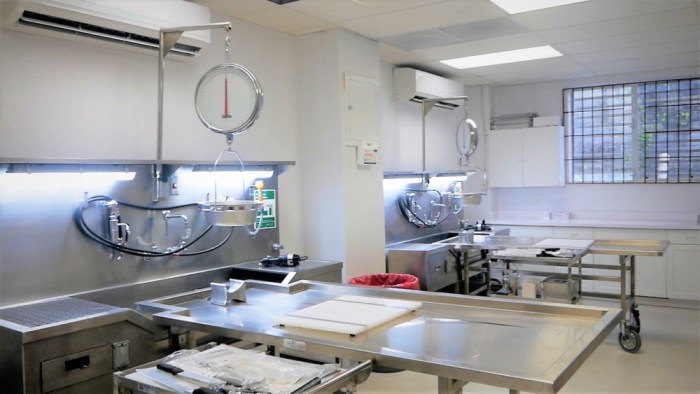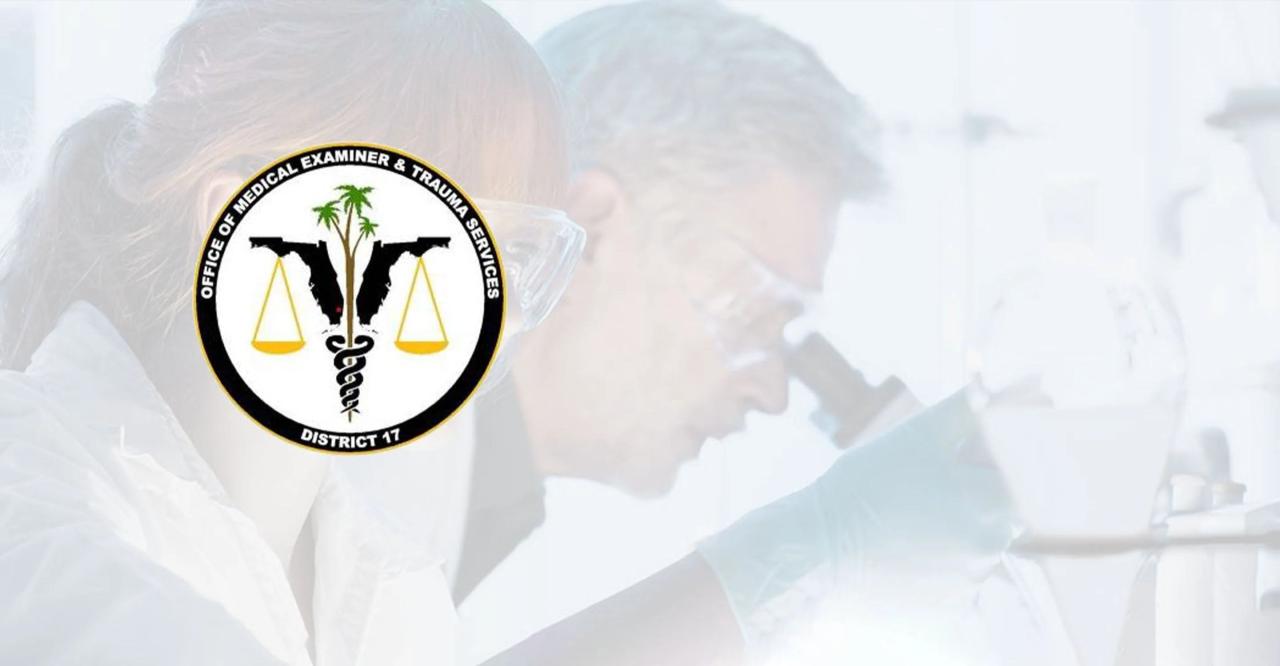Who most likely employs a forensic entomologist full time? This intriguing question sets the stage for this captivating exploration into the fascinating realm of forensic entomology. As we delve into this specialized field, we uncover the industries that rely on these experts and the crucial role they play in unraveling mysteries.
Forensic entomologists are highly skilled professionals who utilize their knowledge of insects and their behavior to aid in criminal investigations and legal proceedings. Their expertise extends to various sectors, including law enforcement, academia, and private consulting firms. In this comprehensive overview, we will delve into the responsibilities, qualifications, career path, and advantages and disadvantages associated with full-time employment as a forensic entomologist.
Industries Utilizing Forensic Entomology Full-Time

Forensic entomology is a specialized field that combines the study of insects and their relationship to legal investigations. Professionals in this field are commonly employed full-time in various sectors:
Law Enforcement
- Assist in criminal investigations by examining insect evidence at crime scenes.
- Provide expert testimony in court proceedings, explaining entomological findings and their significance.
Academia
- Conduct research on insect behavior, ecology, and forensic applications.
- Teach forensic entomology courses and mentor students in the field.
Private Consulting Firms
- Provide expert witness services in legal cases involving insect evidence.
- Conduct forensic entomological examinations for insurance companies and private clients.
Responsibilities of a Full-Time Forensic Entomologist: Who Most Likely Employs A Forensic Entomologist Full Time
Forensic entomologists working full-time typically perform the following duties:
Criminal Investigations
- Collect and analyze insect evidence at crime scenes.
- Estimate the post-mortem interval (time since death) based on insect succession.
- Identify and interpret insect damage patterns to reconstruct events.
Research Projects
- Conduct studies on insect behavior and ecology in forensic contexts.
- Develop new methods and techniques for insect evidence analysis.
- Publish findings in scientific journals and present at conferences.
Expert Witness Testimony
- Provide expert testimony in court proceedings.
- Explain entomological findings and their implications for the case.
- Assist attorneys in understanding the significance of insect evidence.
Qualifications and Training Required

To become a full-time forensic entomologist, individuals typically need:
Educational Background
- Bachelor’s degree in entomology, biology, or a related field.
- Master’s degree or doctorate in forensic entomology or a related discipline.
Specialized Training, Who most likely employs a forensic entomologist full time
- Certification programs in forensic entomology.
- Workshops and seminars on insect evidence analysis.
- Fieldwork and practical experience under the supervision of experienced forensic entomologists.
Advantages and Disadvantages of Full-Time Employment

Working as a full-time forensic entomologist offers several advantages:
Job Security
- Forensic entomologists are in high demand due to the increasing recognition of insect evidence in legal cases.
- Full-time employment provides a stable income and benefits.
Career Advancement
- Opportunities for career growth and specialization within the field.
- Potential for leadership roles in law enforcement, academia, or private consulting.
Specialized Expertise
- Develop in-depth knowledge and expertise in forensic entomology.
- Gain practical experience in insect evidence analysis and interpretation.
However, there are also some potential drawbacks:
Limited Flexibility
- Full-time employment typically requires regular work hours and on-call availability.
- May involve working in challenging or unpleasant environments, such as crime scenes.
High-Stress Environments
- Forensic entomology can involve dealing with sensitive or disturbing cases.
- May experience pressure to meet deadlines and provide accurate findings.
Career Path and Salary Expectations
The career path for a forensic entomologist typically involves:
Entry-Level Positions
- Forensic entomology technician or assistant.
- Laboratory analyst in a law enforcement or private consulting firm.
Mid-Level Positions
- Forensic entomologist in law enforcement or private consulting.
- Research associate or assistant professor in academia.
Senior-Level Positions
- Chief forensic entomologist in law enforcement agencies.
- Full professor or department chair in academia.
- Director of a private consulting firm.
Salary expectations for forensic entomologists vary depending on experience, qualifications, and location. According to the U.S. Bureau of Labor Statistics, the median annual salary for forensic science technicians and crime scene investigators (which includes forensic entomologists) was $63,780 in May 2021. However, salaries can range from $46,900 to over $100,000 based on factors such as education, certification, and specialization.
Quick FAQs
What are the primary responsibilities of a full-time forensic entomologist?
Forensic entomologists working full-time are responsible for examining insects and their activity patterns to determine the postmortem interval, aiding in the reconstruction of crime scenes, and providing expert testimony in legal proceedings.
What educational background and training are required to become a full-time forensic entomologist?
Typically, a Master’s or Doctorate degree in Entomology or a related field is required, along with specialized training in forensic entomology. Certification programs and workshops are also available to enhance skills and knowledge.
What are the advantages of working as a full-time forensic entomologist?
Full-time employment offers job security, career advancement opportunities, and the chance to specialize in a unique and fascinating field. Forensic entomologists also contribute directly to the resolution of criminal cases and the pursuit of justice.